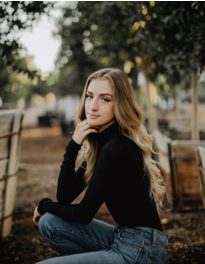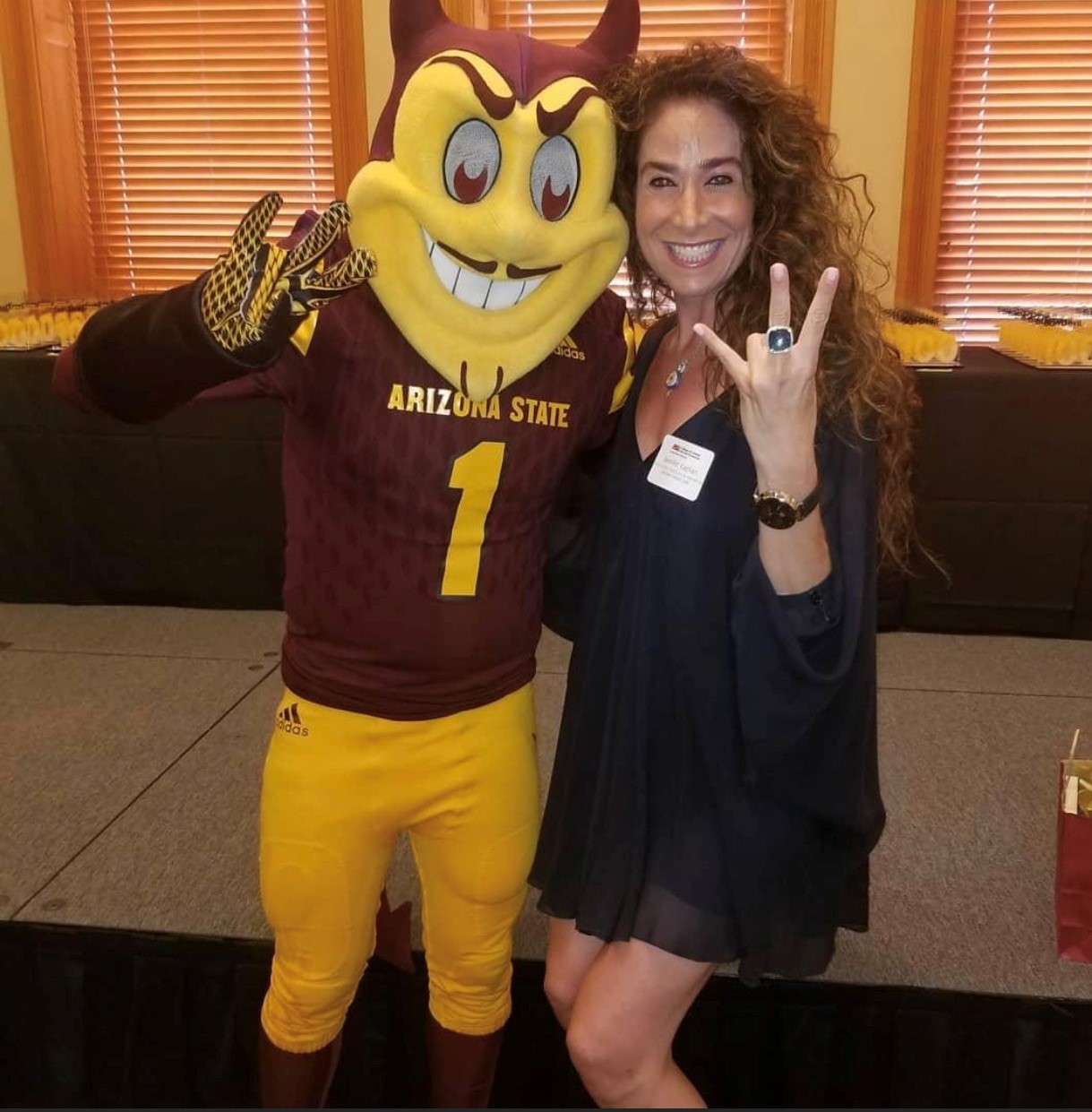Jennifer Kaplan, a 1996 graduate of Arizona State University's Hugh Downs School of Human Communication, recently established the Jennifer G. Kaplan Endowment Scholarship. The scholarship provides funding to Hugh Downs School undergraduates with an interest in pursuing or studying a career in public relations.
Kaplan is the owner and founder of Evolve Public Relations and Marketing, a Scottsdale-based firm founded in 2010. The company has grown and currently has a team of 14 employees and more than 90 clients in industries such as restaurants, retail, entertainment, real estate, medical, legal, global and international companies and nonprofit organizations.
Kaplan says public relations and studying communication was a natural fit.
“I loved taking interpersonal communication, intercultural communication and public speaking. I use all of these in my daily life,” she said.
"I had a wonderful college adventure that I want students today to experience. I hope that they grow and thrive, achieve their goals and pursue their career dreams. I don’t take for granted all that I have been given and want others to have the same opportunities.”
ASU undergraduate Helena Pereira, who is majoring in both communication and philosophy, was chosen as the first recipient of the Kaplan Scholarship for the 2021–22 school year.
“I am eternally grateful for this educational opportunity,” said Pereira in a thank you letter to Kaplan.
Belle Edson, director of undergraduate studies at the Hugh Downs School, served on the committee that chose scholarship awardees and had Pereira in her spring COM 207 class, Introduction to Communication Inquiry.

Helena Pereira
“Helena is consistently and fastidiously present,” Edson said. “She asks questions and was very involved in the class. She demonstrated a commitment to the field of communication, is meticulous, and is interested in her classmates.”
Pereira served as the public relations chair of her sorority during her freshman year. In that role, she managed all of the chapter’s social media platforms.
“It was a creative outlet where I posted and edited pictures that would connect our audience to build our brand,” Pereira said. “Content editing and graphic media production were my forte and I realized that the substance had to inspire people, but the style had to appeal too. I was able to find a balance between the two that only increased our interaction, which was a great accomplishment.”
Kaplan and Evolve Public Relations and Marketing was named to the Sun Devil 100 Class of 2021, which is sponsored by the Arizona State University Alumni Association. This is the sixth year Kaplan has made the prestigious list.
The Sun Devil 100 celebrates the achievements of ASU alumni who own or lead businesses across the globe that demonstrate innovation, growth and entrepreneurial spirit.

Jennifer Kaplan and Sparky
“I come from a family of entrepreneurs, so it was in my blood to start my own business,” Kaplan said.
Hugh Downs School Interim Director Paul Mongeau says that Kaplan understands the importance of a communication degree “both as a leader and through her work that engages and informs key audiences, and builds important relationships.
“We look forward to working with her to engage our students in the field of public relations, and appreciate her largess very much,” he said.
More University news

ASU community exceeds goal, raises $835K for Valley of the Sun United Way
The Arizona State University community stepped up and raised over $835,266 for the Valley of the Sun United Way — exceeding the $…

ASU launches online ocean futures undergraduate degrees
Our oceans make up three quarters of the planet’s surface and contain most of its biodiversity. Due to rapid and global changes,…

ASU public affairs graduate programs rise to No. 11 in nation in US News & World Report’s 2025 rankings
Arizona State University rose to No. 11 nationwide for best graduate public affairs programs in U.S. News & World Report’s…


